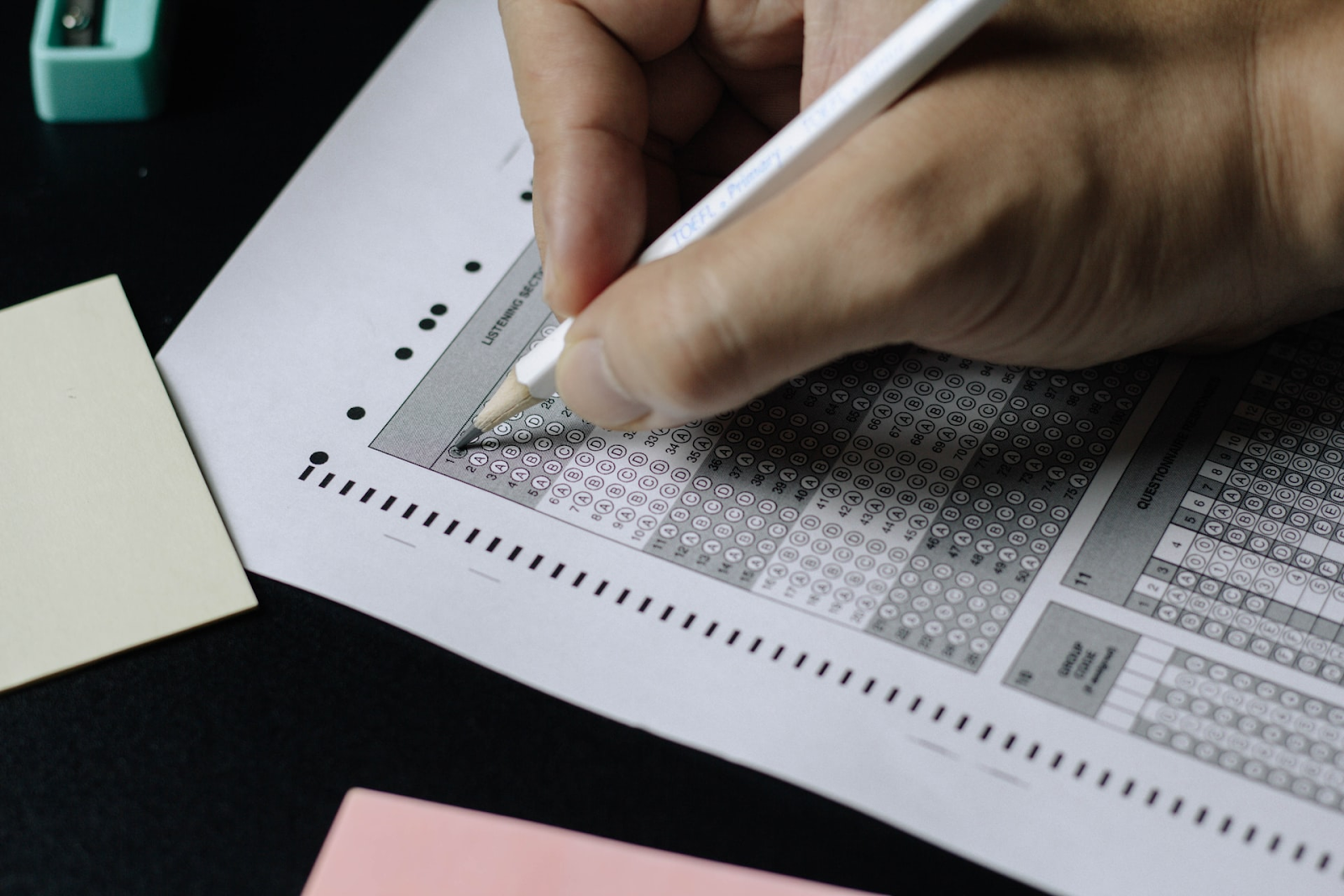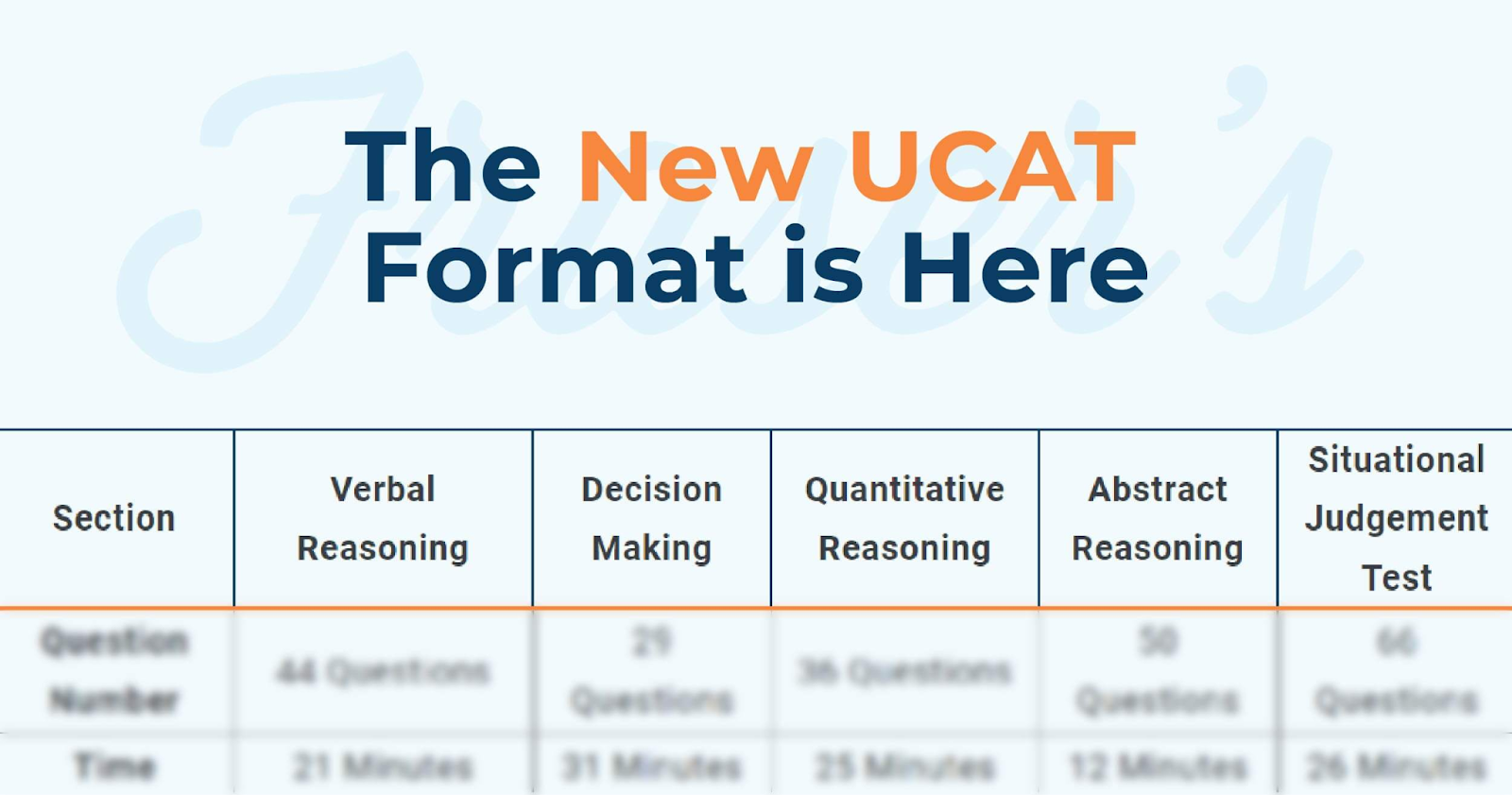Thousands of students want to get into a medical school course right out of high school, but there are only hundreds of spots available.
See this breakdown from Monash University, which shows the several application obstacles and how they go from 3200 applications to 234 accepted students – an acceptance percentage slightly over 7% – to get a sense of how tough this has become.
Being an online school that accepts students based on aptitude rather than age, CGA often sees gifted individuals who wish to study advanced science or math in order to pursue careers in medicine. However, many students are unaware of the significant advantage that CGA students who take online Advanced Placement, A Level, and IGCSE courses have over students worldwide.
Recognize What High School Students Need to Know About Medicine
When we ask prospective medical students what they really need from their high school to improve their prospects of getting into medical schools, we almost invariably get three answers.
Academic achievement is unquestionably the primary goal, and this is the greatest chance to get the highest academic results. It should come as no surprise that a school has to provide small classrooms and access to the top professors since even a few test mistakes leave students searching for other routes to become doctors.
Time to focus on other requirements: the demanding application procedure for medical school includes preparing for the UCAT, interviews, and extracurricular activities in the UCAT course related to medicine.
Regretfully, many institutions already impose a lot of requirements on students outside of the classroom, such as required athletics or coursework in disciplines unrelated to a career in medicine.
Last but not least, students who are enthusiastic about medicine will often apply to colleges both domestically and worldwide, thus having a school with extensive expertise in all institutions is crucial.
Select the Appropriate Courses to Aid in Your Admission to Medical School
Chemistry is either a mandatory or highly recommended subject, and most medical degrees need English proficiency up to Year 12. We advise enrolling in CGA’s online courses as early as Year 10, as CGA students study scientific topics like biology and chemistry for a full year, while some conventional schools only offer these courses for a term in Year 10. These are some of the best courses to take if you want to increase your chances of getting into medical school.
Year 7-9: Pre-IG Stage Maths, Pre-IG English, Pre-IG Science, Pre-IG Global Citizenship, Pre-IG Computer Science
Year 10: IGCSE Maths, IGCSE English, IGCSE Chemistry, IGCSE Biology and a choice of IGCSE Physics or IGCSE Psychology
Year 11-12: AS / A2 Maths, AS / A2 English, AS / A2 Chemistry and AS / A2 Biology.
We advise your kid to enroll in online after-school lessons part-time for the following topics if they like their present school and are able to handle the burden of required extracurriculars and studying six subjects:
Year 7-9: Maths and Science
Year 10: Chemistry or Maths
Year 11: Chemistry
Year 12: Focus on UCAT and school curriculum
Obtain High A-Level Scores for Your Portfolio at Medical School
Taking the appropriate online courses to get admission to medical schools worldwide is all well and good, but in order to get the best grades possible, students must also be well-prepared for the test portion. Studying the A Level grading scheme and learning how your test scores are determined are the best ways to do this.
A Level Grading System
While some colleges take into account your best three subjects, others look at your overall score across your four A Level subjects.
Knowing that students who score 90% or greater get an A*—not against the test itself, but against other students—is even better news. Therefore, you still have a strong chance of receiving a high grade even if the test is challenging for everyone. More information regarding the A Levels and their scoring may be found here.
How Can CGA Assist Students in Getting Into Medical School?
Let’s take a closer look at the first point, which is how to get the highest academic standing and how attending CGA offers students a significant edge over those attending other universities when applying to medical schools.
Comparing Four Subjects and Six Subjects
CGA students study four topics, most often English, math, chemistry, and biology, whereas every student striving for an ATAR or IB score has to balance the demands of six subjects. As a direct consequence of CGA students studying the International A Level curriculum, this is a big game shift.
The “gold standard” A Level curriculum is renowned for its rigorous scientific and math subjects, making it ideal for prospective medical students. Universities only need the study of four A Level topics as a consequence. Give it some thought. This is a huge game changer that will save hundreds of hours of study time and free up students to concentrate on the topics that are most important to medicine. A CGA student’s suggested course choices will be revealed soon.
Class Recordings
Imagine having access to all of the classes that have been held throughout the year while you study for tests. With the classroom recordings, CGA students have just that.
This is a huge benefit for studying for A Level exams and helps students feel less stressed when they have to miss a day or two of class because of sickness, travel, or family obligations. Furthermore, the recordings are labeled with the subjects discussed in class, which greatly facilitates review.
Small classes taught by knowledgeable instructors
Students need seasoned instructors and a distraction-free classroom in order to achieve such high results. We are lucky to have enthusiastic instructors from all over the globe and driven students who eagerly attend classes at CGA. Additionally, CGA instructors are only responsible for creating the best lessons for their pupils; they are not responsible for lunchtime or after-school activities.
Extra Assistance and Prominent Tutors
Last but not least, there is a wealth of available assistance that is all focused on achieving the highest possible results for admission to medical school. Students may contact their teacher, attend extra one-on-one lessons with private teachers, or drop in for open sessions offered by math and chemistry experts.
Get Useful Medical Experience Through Extracurricular Activities
While academic success and achieving high marks are the main priorities, extracurricular activities are just as crucial.
Differentiation among candidates is crucial for those aiming to get into medical school. To choose which fields of healthcare and medicine most interest them, students should take the time to investigate a variety of options.
This will not only assist students in identifying their specialty, but it also provides them with original discussion starters for their medical school interviewees.
Volunteering: Students have the option to volunteer in free clinics, remote villages, and nearby hospitals. These don’t have to have anything to do with medicine. Being a doctor or healthcare professional demands full-time dedication and hard hours. Their academic portfolio may get extra points if they demonstrate their dedication to a volunteer activity that requires at least 100 hours of work.
Shadow Professionals: Learning from the professionals themselves is the most effective method. Students may see how doctors engage with patients, identify illnesses, and provide remedies.
Conduct Research: 60% of candidates have research experience indicated on their application, according to an AAMC survey. Although it’s not a must for admission to medical school, research allows students to show that they can think critically and comprehend difficult ideas.



